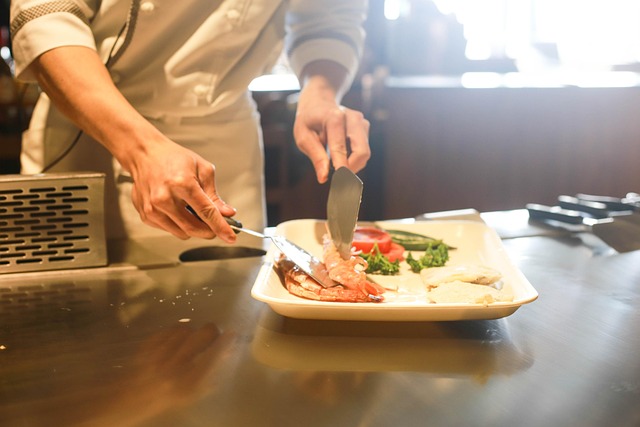Practical Cooking Class to Build Your Culinary Skills
A cooking class is more than a recipe demonstration — it’s a structured, hands-on way to learn technique, taste, and confidence in the kitchen. Whether you want to sharpen basic knife skills, master a sauce, or translate restaurant-level plating to home meals, classes offer guided practice, instant feedback, and a chance to ask an experienced instructor questions. Many people join classes to improve everyday food preparation, explore new cuisines, or consider a professional path. Local services and community kitchens often provide options for beginners through advanced students.

What will you learn in a cooking class?
A typical cooking class covers practical skills you use every time you cook. Expect lessons on knife handling, mise en place (prepping ingredients), safe food handling, and timing multiple elements so everything finishes together. Instructors demonstrate techniques and then supervise students as they practice, which builds muscle memory faster than watching videos alone. Many classes also teach flavor-building — balancing acid, salt, fat, and heat — so the dishes you recreate at home taste intentional rather than accidental.
How does a cooking class improve your food skills?
Cooking classes accelerate learning by combining theory with repetition. You taste mid-prep and finished dishes, which trains your palate to recognize seasoning needs and texture targets. Group classes offer feedback from peers and the instructor, helping you spot common mistakes like overcooking proteins or under-seasoning vegetables. Beyond technical gains, classes teach time management, menu planning, and how to adapt recipes based on what’s available — skills that improve the quality and variety of the food you prepare regularly.
What kitchen techniques are covered?
Classes typically focus on foundational kitchen techniques: controlling heat, searing, braising, roasting, boiling, and pan sauces. You’ll learn to use tools correctly — from chef’s knives to sautés and tongs — and how to care for equipment. Demonstrations often include shortcuts and efficiency techniques that keep your kitchen workflow smooth. For home cooks, mastering techniques such as properly caramelizing onions or emulsifying a vinaigrette can elevate simple ingredients into restaurant-level dishes without needing exotic components.
Can a cooking class train you to be a chef?
A single recreational class won’t make you a professional chef, but a structured series can form a solid foundation. Professional culinary training combines intensive, repeated practice with instruction in kitchen hierarchy, menu design, cost control, and sanitation standards. Many aspiring chefs begin with community classes or culinary bootcamps to gauge interest and develop core skills before pursuing formal culinary school or apprenticeships. For hobbyists, classes designed by professional chefs offer insight into real-world kitchen pacing and problem-solving methods used in professional kitchens.
What are the culinary benefits for everyday cooks?
Culinary-focused classes boost creativity, confidence, and efficiency for everyday cooks. Learning basic sauce formulas, grain cookery, or vegetable techniques increases the range of weeknight meals you can prepare. Classes often introduce new cuisines and ingredient uses, expanding your pantry and reducing meal monotony. Social benefits also matter: classes can be communal experiences that make cooking enjoyable rather than a chore. Over time, many students find they waste less food, shop more purposefully, and can improvise when recipes don’t go as planned.
Conclusion
A well-structured cooking class bridges knowledge and practice, turning abstract tips into reliable kitchen habits. Whether your goal is to improve the food you eat daily, explore new culinary traditions, or evaluate a professional path, classes provide expert guidance, hands-on experience, and peer feedback that accelerate learning. Look for offerings from community centers, local cooking schools, or chefs teaching smaller workshops to find the right level and format for your needs. Continuous practice after class is what turns lessons into lasting skill.






